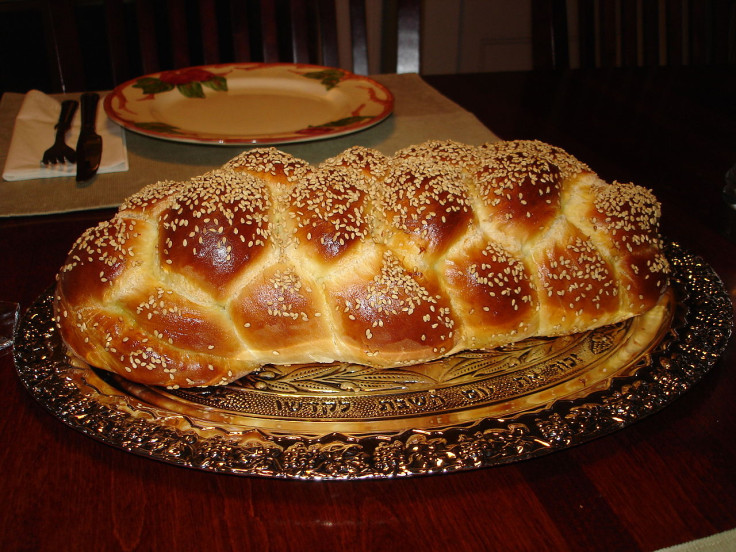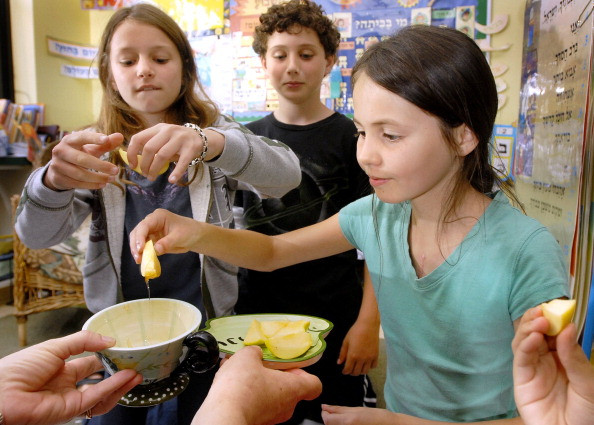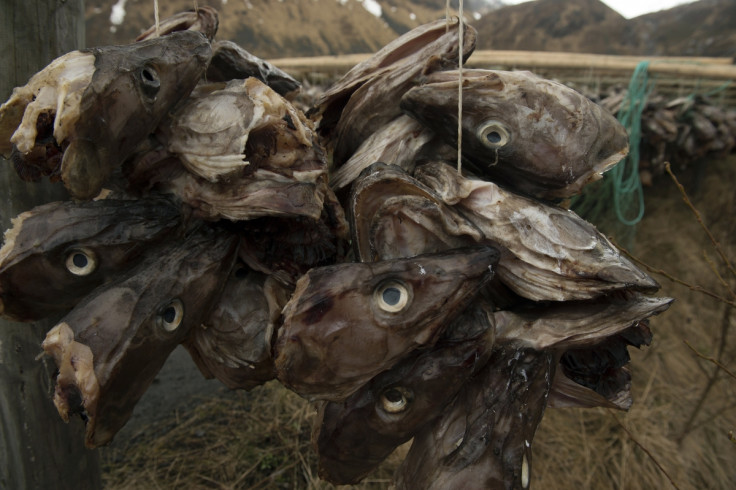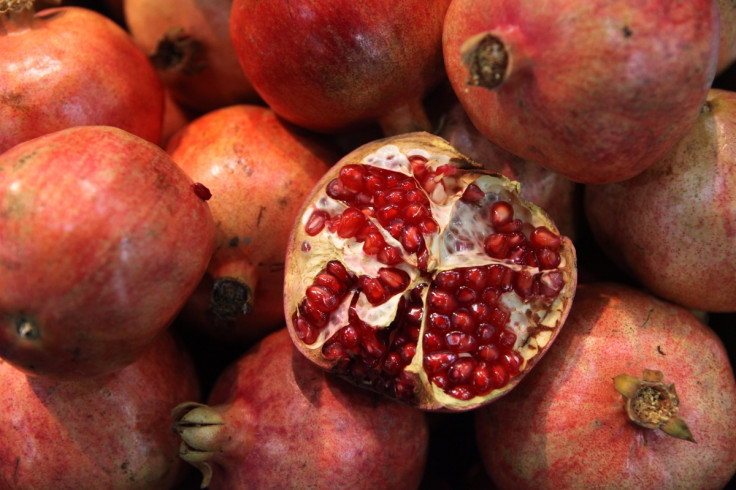Rosh Hashanah 2017: What do Jews eat to celebrate the New Year 5778?
Jews around the world ready to ring in the Jewish New Year and the first of the High Holy Days.

At sunset on Tuesday 20 September 2017, millions of Jews will be observing Rosh Hashanah, the Jewish New Year and the first of the High Holy Days. The two-day celebration, which begins on the first day of Tishrei, is marked with a number of traditions. But the food served is one of the main customs that has lasted to modern day.
During these special days in the Jewish calendar, many families gather for meals to celebrate the time of rebirth and eat a feast of traditional sweet, salty and savoury foods. The foods are named in the ancient languages of Aramaic or Hebrew and evoke blessings for the months ahead. Before eating the meal, Jews recite Hamotzi, the blessing over bread.

Incorporating apples and honey in Rosh Hashanah meals is said to ensure a sweet new year. According to Jewish mythology, the apple represents the Shekhinah – the feminine aspect of God – and eating the combination is said to encourage Shekhinah to judge kindly. Eating apples and honey is also a late medieval Ashkenazi tradition that is now universally accepted.
Another food with a symbolic meaning is the head of a fish – to acknowledge the prayer "let us be the head and not the tail" and is an example of the fresh produce that is often abundant on the Jewish holiday table.

Jews also enjoy round loaves of Challah bread, which are the most recognisable of foods during Rosh Hashanah. Challah is a type of braided egg bread. It is normally served on Shabbat, or the Sabbath, the Jewish day of rest, and is often shaped into spirals to represent continuity.
Pomegranates also play an important part during Rosh Hashanah as the many seeds symbolise fruitfulness. Dates, black-eyed peas and spinach are also mentioned in the Talmud, a central text of Rabbinic Judaism.

Some Jews will also avoid eating nuts because the gematria – the numerical value of the Hebrew letters – of "egoz" (meaning nut) is equivalent to that of "chet" (meaning sin).
© Copyright IBTimes 2025. All rights reserved.





















